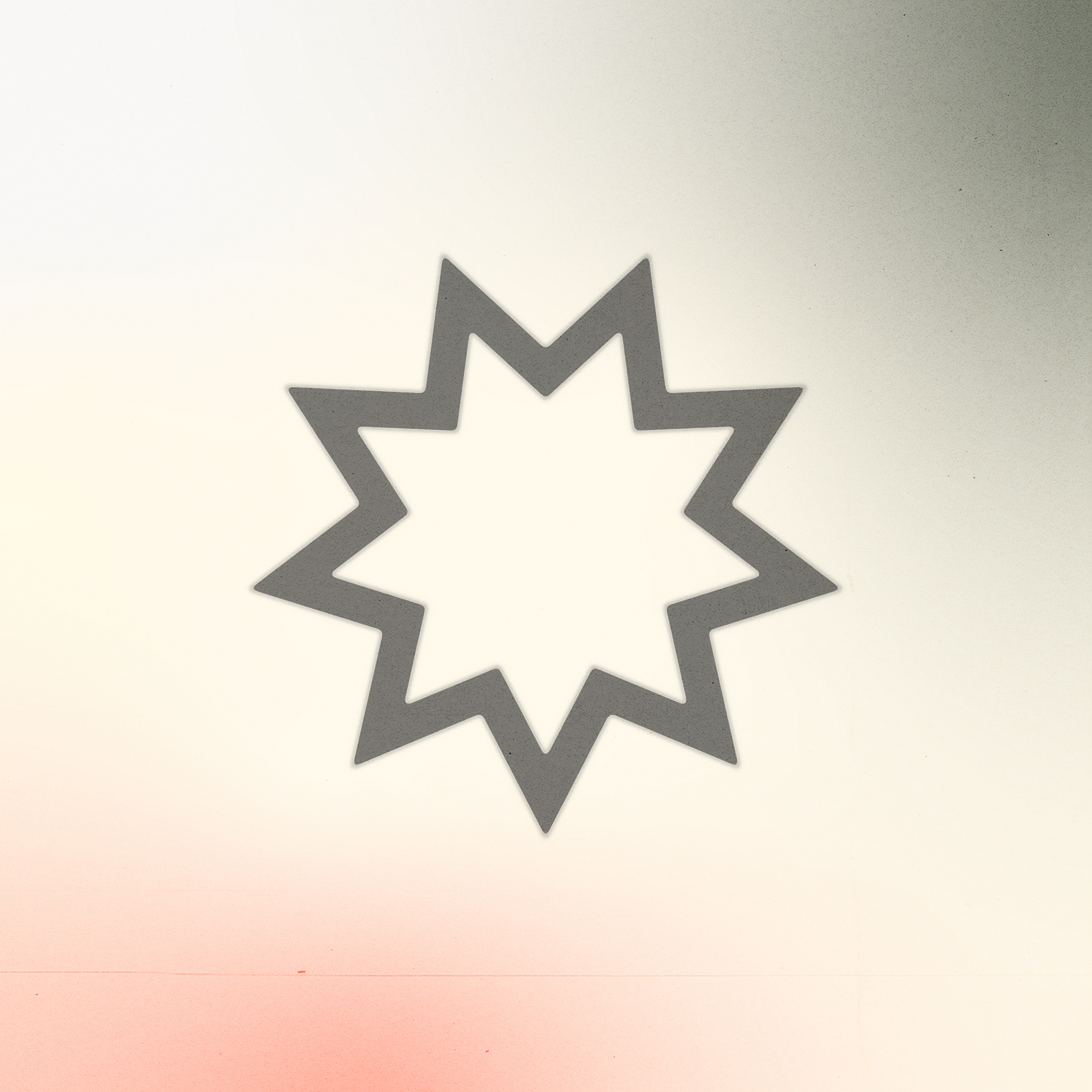Ascension of ‘Abdu’l-Bahá
This holiday commemorates the death of ‘Abdu’l-Bahá, the eldest son of Bahá'u'lláh and one of the first leaders of the Bahá’í Faith.

This holiday commemorates the death of ‘Abdu’l-Bahá, the eldest son of Bahá'u'lláh and one of the first leaders of the Bahá’í Faith.
Renee Harleston
Reviewer page idDate: November 28, 2023
Name: Ascension of ‘Abdu’l-Bahá
Pronunciation: Abdul ba-HAH
This holiday commemorates the death of ‘Abdu’l-Bahá, the eldest son of Bahá'u'lláh and one of the first leaders of the Bahá’í Faith.
Origin
‘Abdu’l-Bahá was pronounced the leader of the Bahá’í faith upon the death of his father, the founder-prophet Bahá'u'lláh in 1892. (The death of Bahá'u'lláh is celebrated as the Ascension of Baha’u’llah in the Bahá’í calendar.)
‘Abdu’l-Bahá died in Haifa on November 28, 1921. His funeral was attended by 10,000 townspeople, as well as people from a variety of faith backgrounds and countries from across the world. His body was laid to rest at the Shrine of the Báb. Starting in 2019, Bahá’ís made plans to inter the body of ‘Abdu’l-Bahá in his own shrine.
When it is observed
The Ascension of ‘Abdu’l-Bahá falls on 6 Qawl in the Bahá’í calendar. This means the date will vary in the Gregorian calendar, depending on the year.
Traditions
The Ascension of ‘Abdu’l-Bahá is an important day in the Bahá’í holy calendar. Work is not suspended on this holiday.
Bahá’ís gather together on the holiday to read scripture and pray. A special prayer, translated in 1922, called “Prayer revealed by ‘Abdu’l-Bahá and now recited by his loved ones at his hallowed shrine,” is often read on this holiday.
What to do
There is no traditional greeting for this holiday.